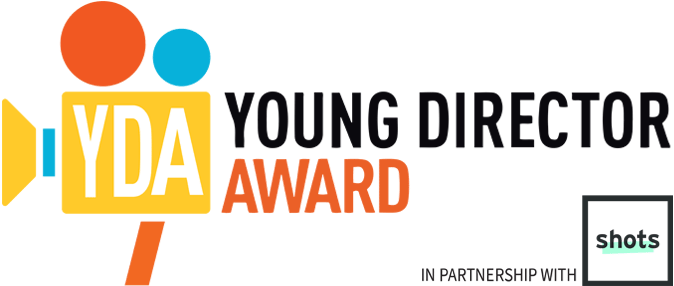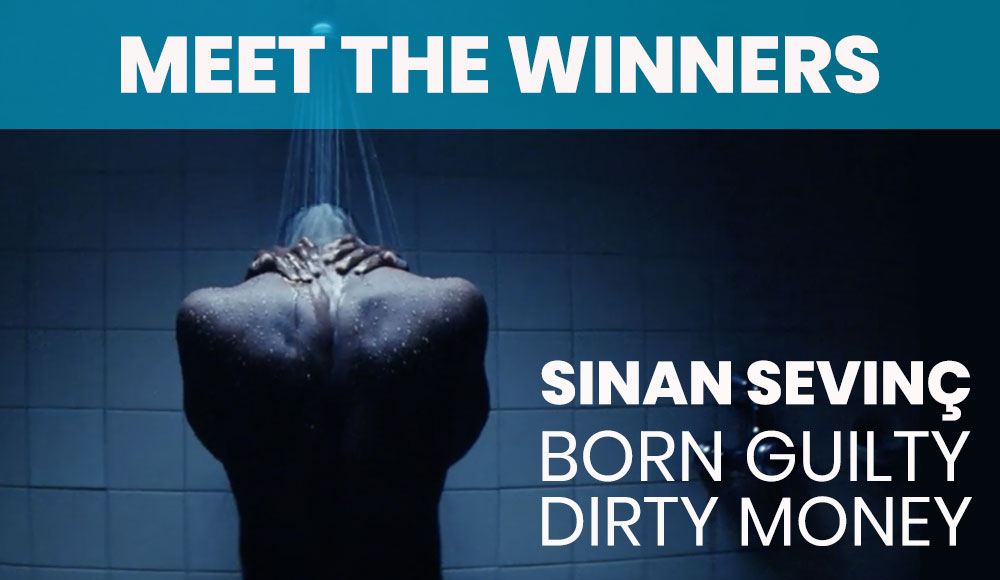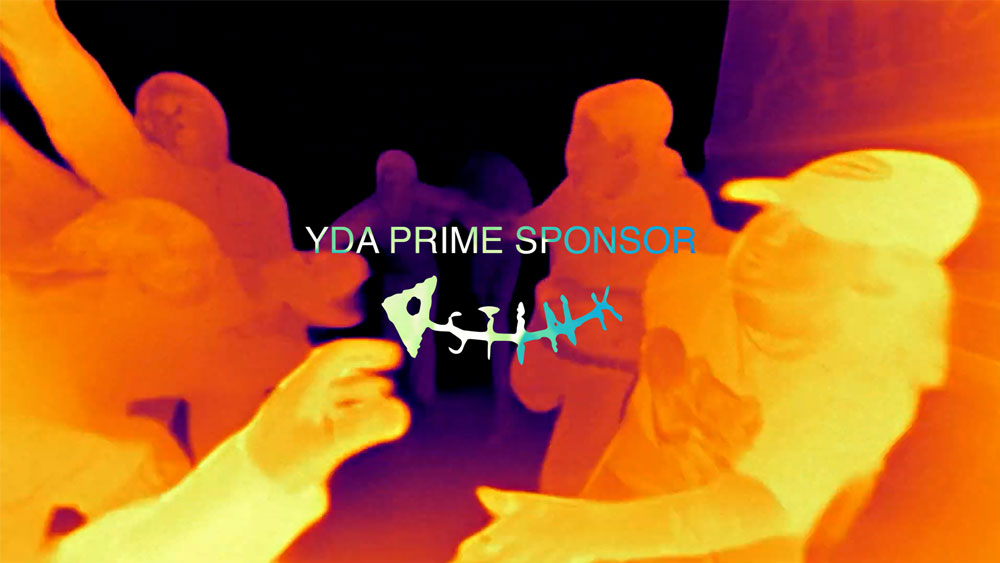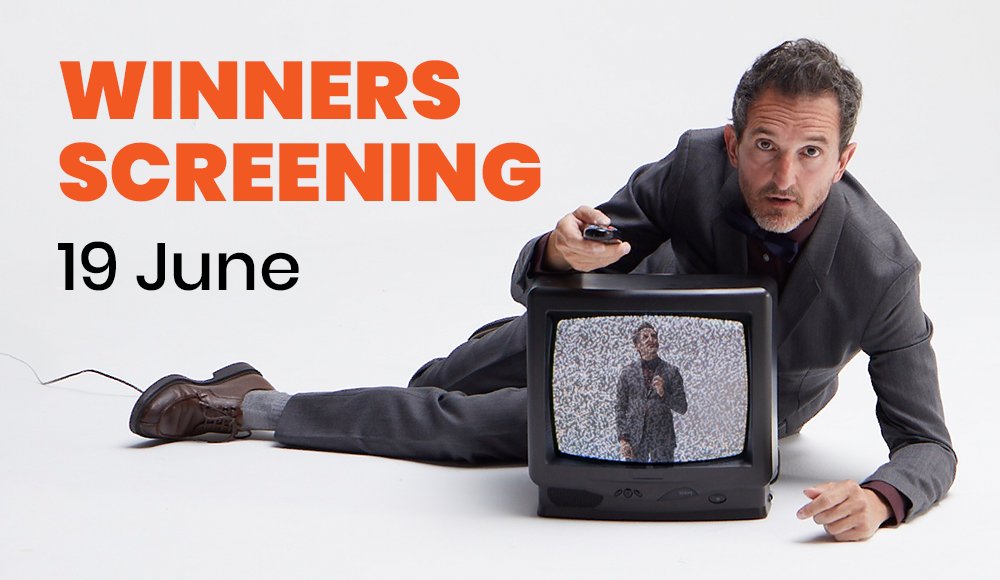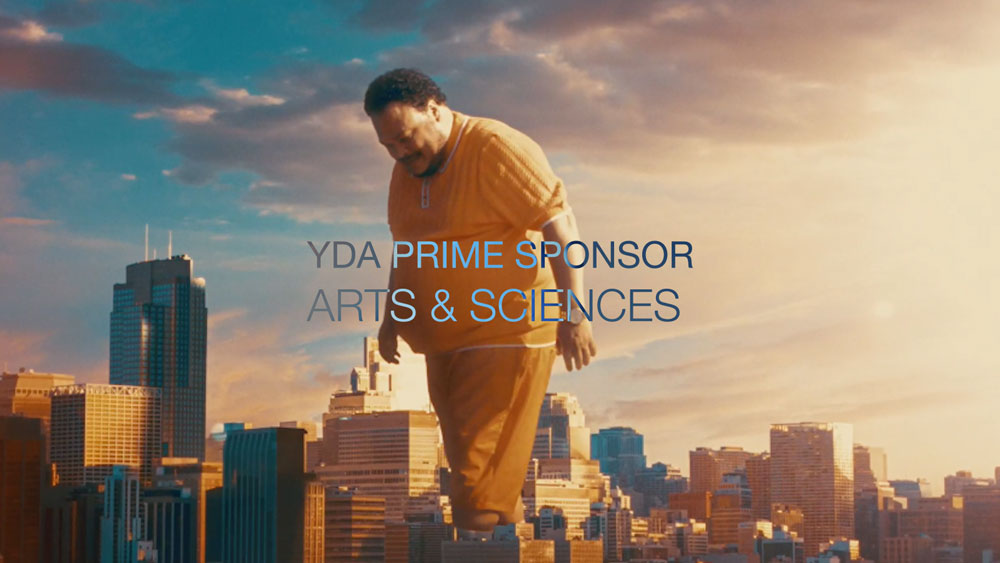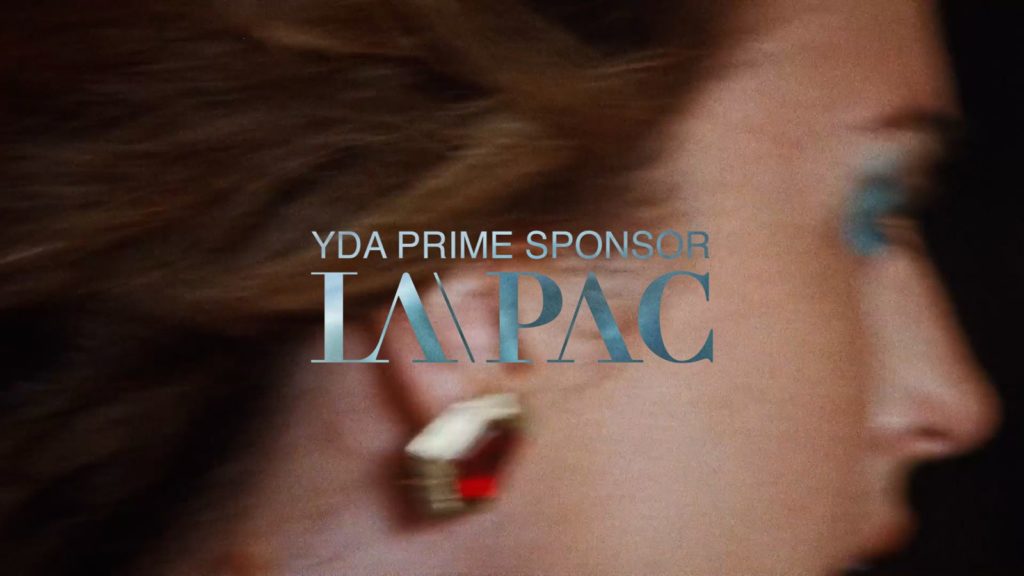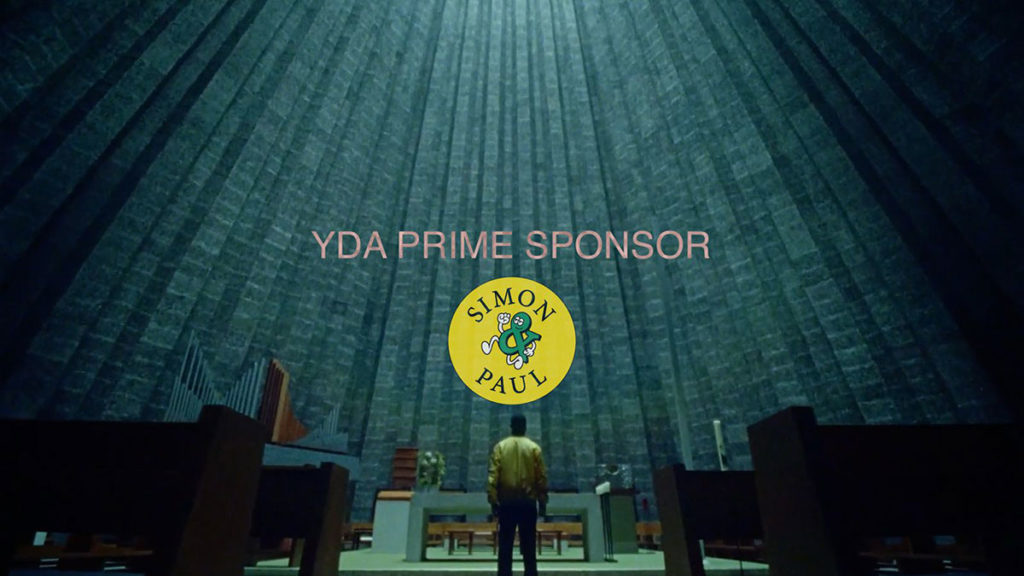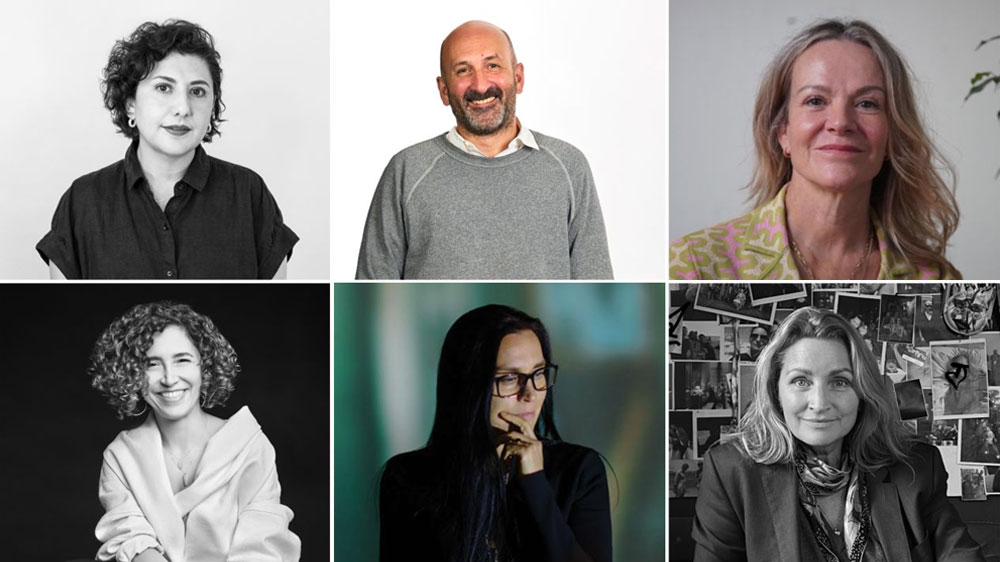After a successful year in which he picked up three gold Screen Awards, plus an additional silver, at this year’s Young Director Award, Sinan Sevinç discusses how his two brilliant – if very different – entries came about, his move from journalism to filmmaking, and how someone mistaking powdered sugar for real cocaine threw a spanner in the works.
How did you get into directing?
During my school years I started making rap music with a friend of mine. We built a small studio with a very basic set-up in my parents’ basement. As our tracks slowly got better, we also wanted to create music videos. Of course, we didn’t have enough money, so I started taking the camera into my own hands and edited by myself.
In the meantime, I had finished school and started studying crossmedia journalism after working as a copywriter for a while. I really enjoyed my studies, but I also kept hitting the limited options that everyday journalism brings. On the one hand, as a fan of cinematic images, it was hard for me to accept that journalism usually has neither the time nor the money for visually stunning video productions. On the other hand, as a journalist, you only have a limited direct influence on a story, otherwise you run the risk of losing what I consider to be two very important aspects in journalism: objectivity and truthfulness.
Therefore, after successfully completing my bachelor’s degree, my path finally led me to the Filmakademie Baden-Württemberg, where I began studying directing in 2017.
What was the inspiration behind Dirty Money?
The idea for Dirty Money was born out of necessity during the first corona peak phase. At that time, there were many rules and restrictions that made filmmaking anything but easy. For example, actors were not allowed to get closer than 1.5 meters without wearing a mask. So, we tried to develop a concept that would let the actors wear a mask without the audience seeing it in the frame.
This resulted in the idea of creating a spot that only takes place in the macro area. The content inspiration came from personal observations at the time. While everyone was reducing direct contact with each other to a minimum, people happily continued using good old cash without worrying about whether it might be contaminated with bacteria or germs. And that’s how the idea came about to create a commercial that promotes a more hygienic payment method in a charming way.
https://vimeo.com/648641277What was the most challenging aspect of shooting Dirty Money?
In the end, we had around four shooting days. The way the film was made involved many challenges. Dirty Money is a film that lives through its dynamics. For this reason, we wanted to shoot all transitions in-camera. This meant that every shot we did had to begin with an opening movement of the camera and end with another, in order to ensure a perfect connection to the following scene.
This required a tremendous amount of prep work for us, as we had to pre-shoot the entire film with the smartphone to see exactly which transitions would work and how to execute them on set. In addition, each vignette had its own unique difficulties. For example, it took around 200 takes (at least, it felt like it) for the cockroach to crawl across the dollar bill at the perfect angle. On top of that, we were kicked out of the strip club during the shoot because the owner mistook our powdered sugar for real cocaine. So we were definitely never bored during production.
What did you learn over the process of making the film?
Besides the fact that cockroaches have their own head, we learned a lot during the production. One aspect that we have become particularly aware of is the time factor with such a special project. Working in the macro area often sounds easy on paper, but in reality it eats up a huge amount of time. Every movement, every handgrip has to be perfect. Due to the fact that we were very close to the action with the camera, the viewer literally sees everything. If an object slips in the picture, it sometimes takes minutes to bring it back to the same place with a pair of tweezers. This not only takes a lot of time, but also a lot of patience.
You also won two other YDA awards for Born Guilty; can you tell us a bit about the shoot for that?
The shoot for Born Guilty took around seven days. However, between the shooting days, we often had major location changes, as we were faced with the challenge of giving each setting an American look. It was especially important to me that the viewer would never have doubts about the locations at any point in the film, or question the credibility of the story. That’s why we had to do a lot of scouting in advance and drive all over Germany to find the perfect spots.
How did shooting the two projects differ?
In terms of the design and production approach, Born Guilty and Dirty Money are two fundamentally different projects. Dirty Money is a very technical film that required close cooperation with the camera department. As a director, the focus here was more on the choreography and timing of the movements than on directing in the classical way.
In contrast, Born Guilty lives from the performances of the actors and is more like a scenic piece than a classic commercial. Therefore, the focus was on the close collaboration with the cast and especially with our main actor. I am still very happy with the choice of the actors. It was such a pleasure to work with them and to develop the characters – especially with our lead actor, Ben Andrews Rumler, who turned in a fantastic performance.
It was extremely important to me to portray the events and emotions as authentically and with as much detail as possible. We put special emphasis on orientating ourselves closely to the real events. Obviously, this meant a lot of work for departments like production design and costume design. With this process, I often pay a lot of attention to the details, which is certainly not always easy for all crew members, but I think it paid off in the end.
What specific challenges did Born Guilty throw up for you as a director?
It is hard to imagine what it means to spend 19 years of your life in prison when you are innocent. In order to understand these feelings to some extent, and to be able to explain them to the actor, it was important to hear the story of Huwe Burton’s case firsthand.
Thankfully, I had the chance to speak with him personally several times. The biggest challenge was the multi-layered staging of the main protagonist, who had to embody very different facets in such a short period of time and, at the same time, stay accessible for the viewer. Additionally, the film deals with the topic of racism, which requires a lot of sensitivity in all departments. It was extremely important to me to create images that are neither stereotypical, nor try to gloss over the reality. This took many hours of conceptualisation and discussion with my team. I really appreciate the trust that everyone involved placed in me to approach things the way I imagined them.
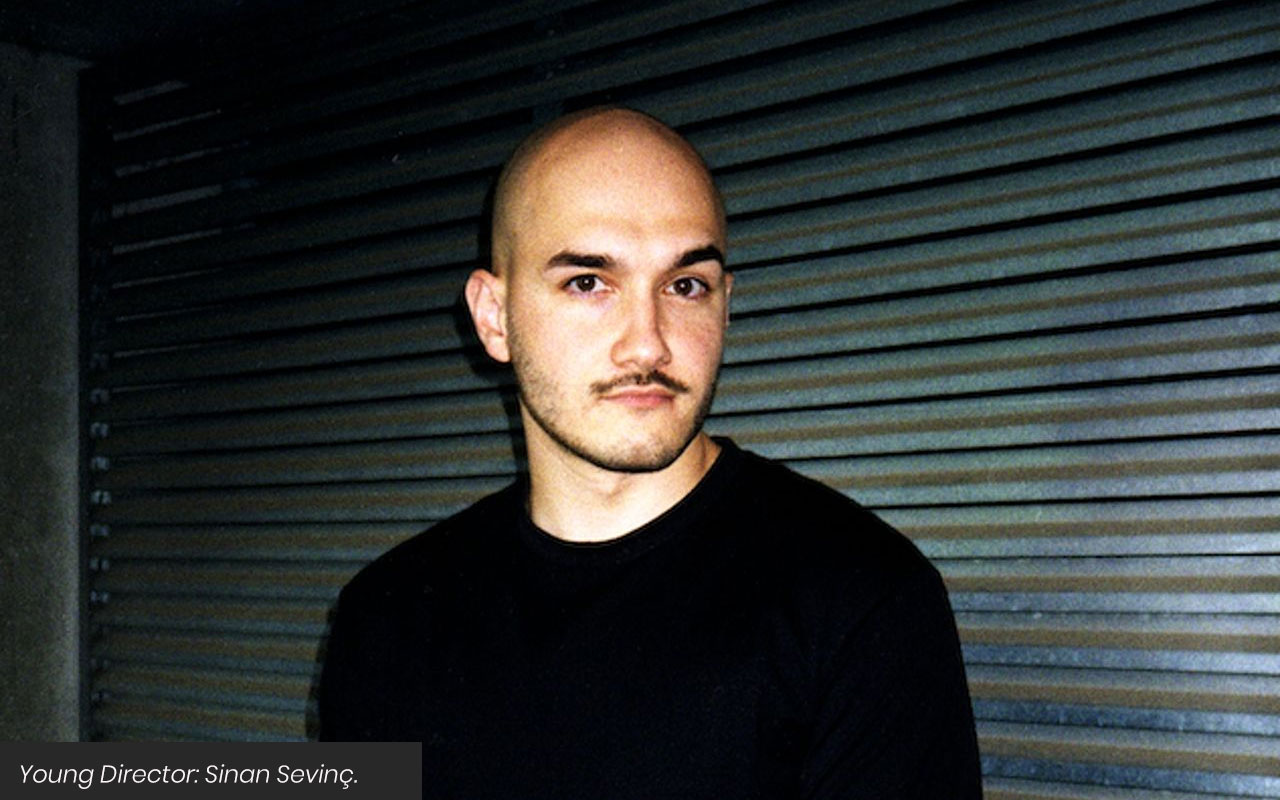
What does it mean to you to win a YDA and what can we expect to see from you in future?
Winning at the Young Director Award is a great honour, and I am very happy to have won four awards this year. What is even more important to me than the awards are people’s responses. The feedback on Dirty Money and Born Guilty was amazing and it makes me proud every time I see how people react to my films.
Right now I’m working on my first diploma film, which will be shot early next year. It’s a commercial for a historical brand, but with a very scenic approach. Basically, I notice at the moment how I’m increasingly into longer formats. Even now, within my previous projects, I often feel the urge to tell the story in more detail.
My major goal is to try out a long format, whether it’s a classic feature film or a serial production. I am already working on the first scripts. With my background in journalism and as someone who is often inspired by true events, the combination of documentary and scenic content is also fascinating to me. I hope that in the near future I will have the opportunity to work on such a project.
Do you plan to work in advertising and if you do, what is it that excites you the most about this?
I enjoy telling stories in commercials in a very short period of time. For this reason, I would like to continue working in advertising after I graduate. It’s exciting to dedicate myself constantly to new topics. In terms of content, I don’t want to set myself any limits at the moment. I think whoever sees my films, they hopefully recognises which form of advertising inspires me.
For the future, I would like to have more influence on the concept itself and not just get involved when the basic framework is already in place. I am aware that this is rarely the case in the industry, but I think that this approach would improve the quality of the films even more.
Interview by Joel Meadows shots
